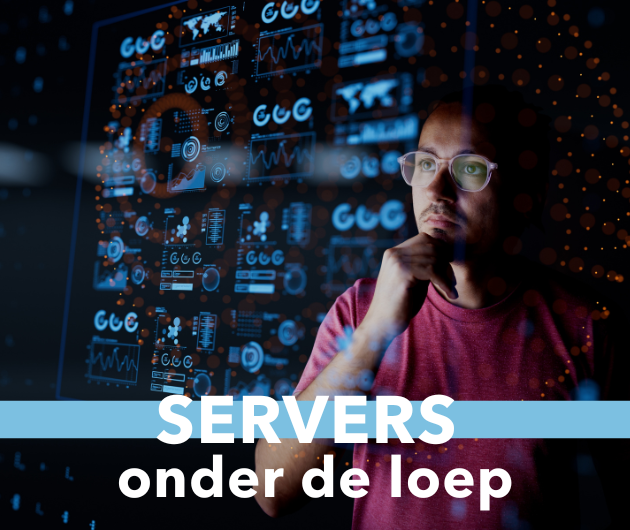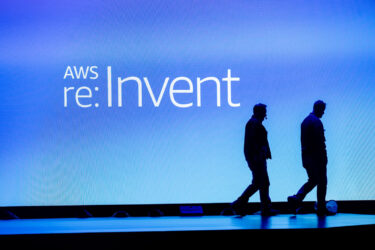It is estimated that Microsoft Office has over 90% of the market for desktop applications. A key part of this is Word, which I have often voted the worst piece of software in existence.
It is far too complex for most word processor users anddoes not separate content and style as needed for corporate documents. And still most of us use it. There are signs of progress on the document front promised in the next major releases of Office, based on XML, but for most of us a simple replacement for Word is needed. To a lesser extent the same criticisms can be levelled at the other modules of Office.
Microsoft is surely quite capable ofdeveloping a suitable product, but that would destroy their phenomenal business plan, which depends on the ongoing release of "nearly" compatible versions to generate revenue. If the product was what was needed, then why would users buy a replacement? When "on-demand" charging for software becomes the norm this dilemma may go away and Microsoft are slowly working in this direction. But in the meantime an alternative set of products is desperately needed.
OSS has been a runaway success so far, but as a server, not on the desktop. It may well dominate the PCs used in University Labs and in Engineering Workstations, but it is seldom encountered on the corporate desktop or on the home PC. There are many reasons for this. In the early days of the PC there were alternative products, but Microsoft swept them all away by the brilliant marketing ploy of packaging the common products as a suite, which we see today as Microsoft Office.
The success of the "suite" concept is important to note for the future. The integration was a major selling factor, but it was only at the price level. None of the earlier PC products integrated because there were no standards. If there were standards for interworking of products, such as OpenDoc promised but failed to deliver, the current enthusiasm for OSS would benefit enormously, but sadly Windows OLE is still the best option readily available.
The other problem with introducing a new desktop suite is the inertia. Users learn to work around limitations, which has the effect of tying them into the product they are familiar with. It was difficult enough learning to cope with the user hostility of most PC products to go through the loop again.
It is rare that users will switch to Linux and, say, OpenOffice in one leap. More likely is a switch to OpenOffice running on Windows as a first step. It will be interesting to see the outcome of the German local government initiative in which a central authority has been given the collective resources to put together a "load-and-go" OSS package as a low cost alternative to Office.
In the fight with Microsoft, Sun is pushing their version of StarOffice, called Mad Hatter, but they are having a hard time. IBM has declared that they currently don’t see an OSS alternative to Office, much to the annoyance of Sun.
The problem still remains then, which is exaggerated in the home market by the need for multimedia applications; Soundprobe, AfterShot and Photoshop are the most used applications on my PC and I am not sure that Linux versions are available.
It is a terrible dilemma for all of us and it is made even worse by the fact that even the few OSS office products are mirroring old PC designs and not exploiting new thin client architectures. We are a long way off a solution.< BR>
Martin Healey, pioneer development Intel-based computers en c/s-architecture. Director of a number of IT specialist companies and an Emeritus Professor of the University of Wales.








